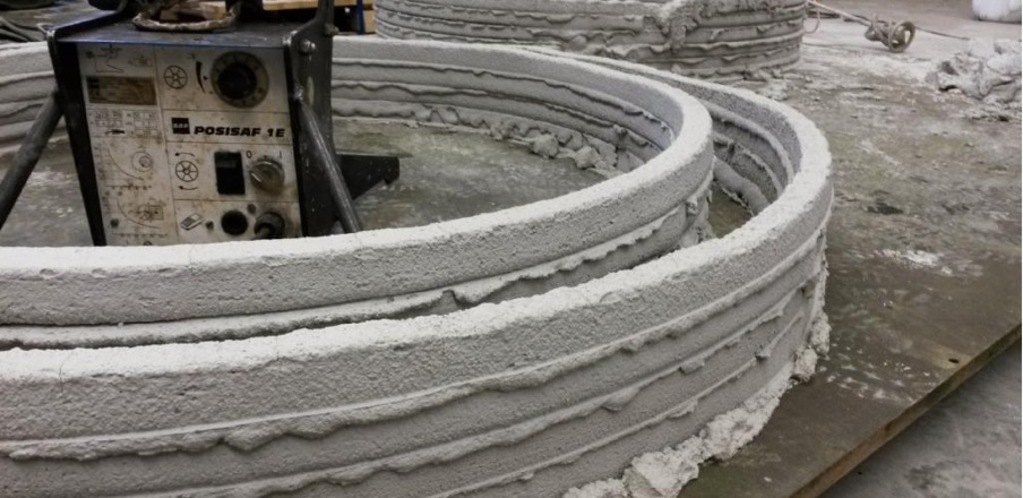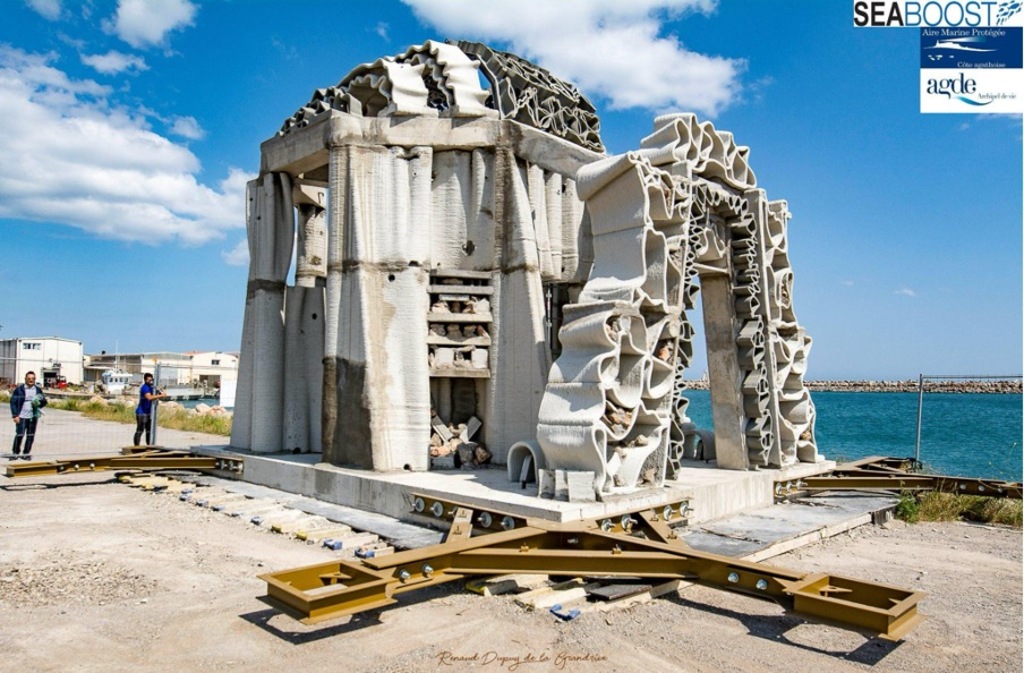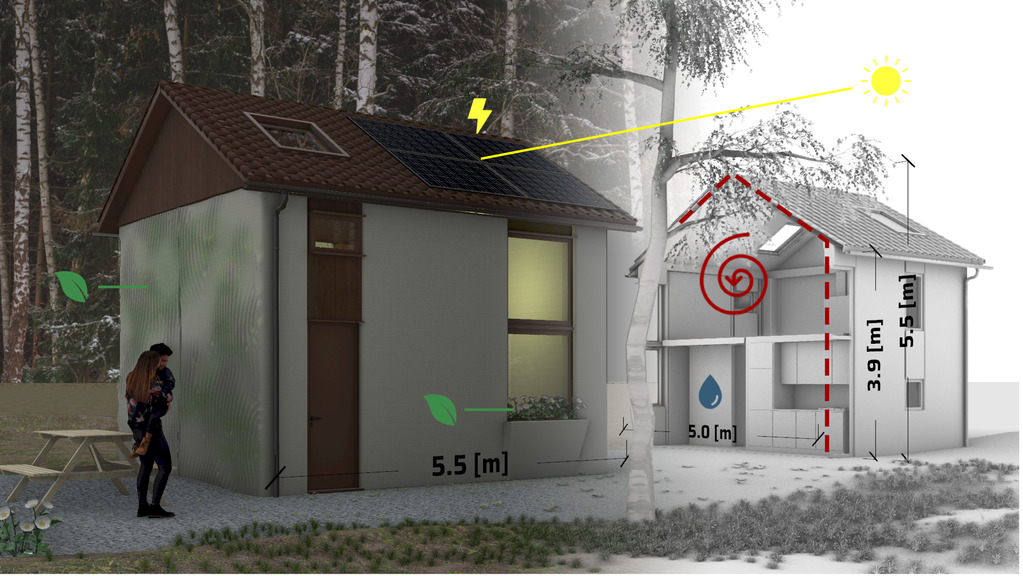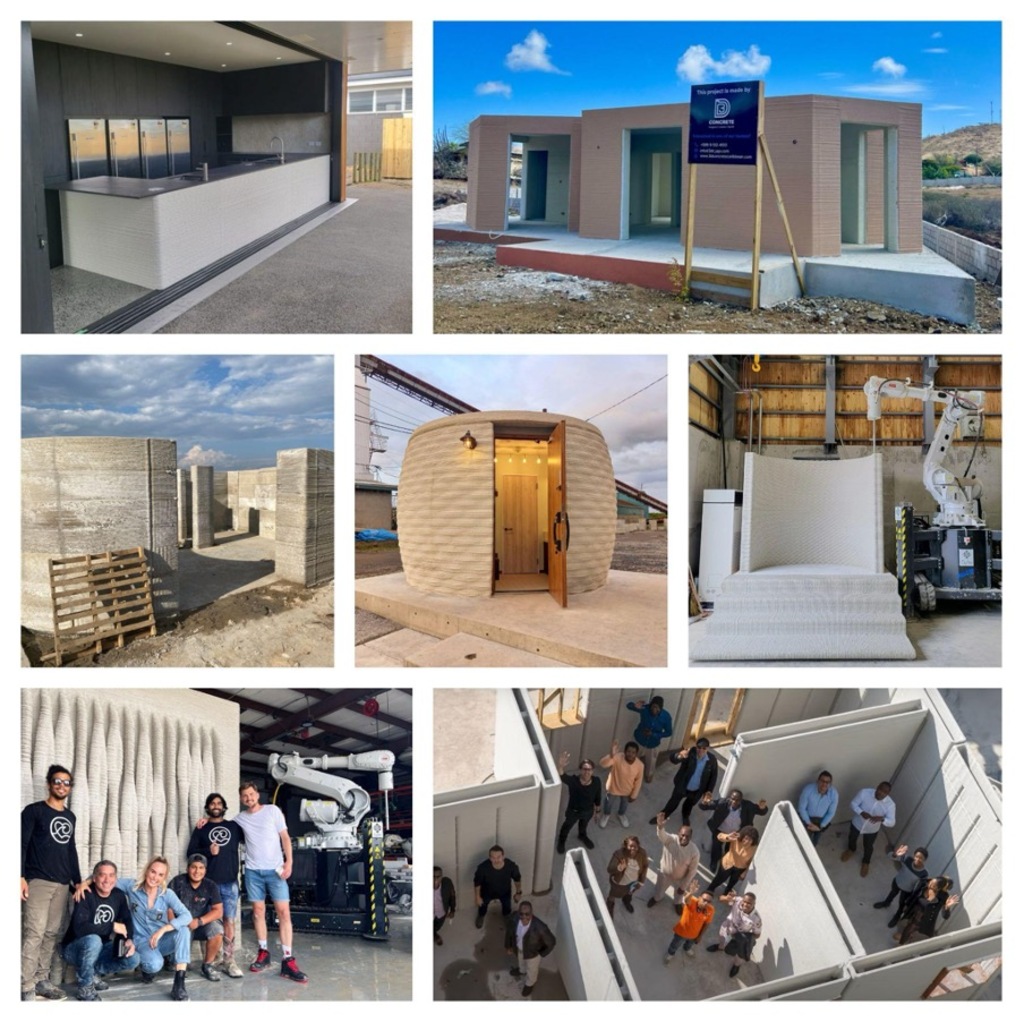CyBe Construction, one of the first 3D concrete printing companies, celebrates 10 years of innovation and sustainability. After effectively creating the 3D concrete printing industry over the last decade, the company has now achieved global recognition, thanks to its excellence in additive manufacturing. Staying true to its vision of improving the world, CyBe plans to commission a fully automated housing factory by 2024 to create modular homes in a quick, affordable, and sustainable manner.
CyBe Construction was established 10 years ago by Berry Hendriks, in November 2013. At the time, Hendriks was one of the first to introduce 3D concrete printing to the construction industry. Back then, additive manufacturing was just a glimpse of what it is today. Arguably, the technique hadn't even reached its infancy, as it was still in its very early stages of development. Little to no research was available, and 3D concrete printing was only attempted by a select group of hobbyists and scientists working with makeshift machines. Moreover, it was nearly impossible to print conventional concrete on concrete, as the material took several hours to reach a sufficient density to print the next layer on.
It's no surprise that virtually everyone who heard about the technique believed that 3D concrete printing had no future and told Hendriks that starting a 3DCP company would be impossible. Despite these challenges, Hendriks persisted and endeavored to do so anyway. His efforts paid off: after successfully finishing the first prints with a home-welded machine, CyBe Construction was born. The company quickly continued to develop hardware, software, and materials for 3D concrete printing, and more people began to recognize the value of professional additive manufacturing. Over the years, more and more 3DCP companies followed in our footsteps, effectively leading to the creation of the 3DCP market.



CyBe Construction has big ambitions for the future, all derived from 10 years of experience with 3D printing technology. Though these future plans might be significant, they plan to start with something small, tiny even. Their first planned expansion is the development of LyVe Tiny Houses: affordable and sustainable tiny homes produced under their 'LyVe' label. With their experience in using 3D concrete printing for projects ranging from some of the largest 3D print projects in the world to the smallest planters and artworks, building tiny homes won't be too complicated. Building on these years of experience, the company is able to construct affordable tiny houses in a fast and sustainable way. The production method of these LyVe Tiny Houses is prone to some developments too: leveraging the new gantry robot, they will start utilizing Prefabricated Prefinished Volumetric Construction (PPVC). PPVC is a modular construction method in which the modules will be fully finished in the production facility, to be installed at the construction site. This innovative construction method will be applied to launch their fully automated housing factory, which will be commissioned alongside their current 3D printer factory. By combining PPVC with 3D concrete printing in this home factory, CyBe is able to produce LyVe Tiny Houses entirely carbon-neutral within a matter of days, with a cost savings of approximately 30%. They plan to use the experience with the tiny houses to quickly scale up to family homes and apartment complexes. By persisting to innovate, CyBe Construction is prepared to proceed on its journey of continuous growth and is getting ready for the next decade of achievements.


